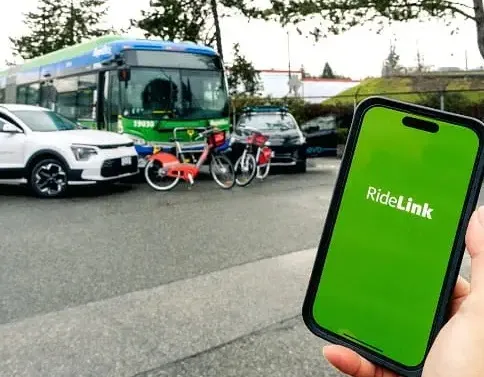Honda is introducing its new EV-neo electric scooter in Europe. The scooter was launched with a demonstration and short test ride at Honda’s innovative Safety Centre, based at the Montesa Honda factory in Barcelona, Spain. Initially introduced as a concept model at the 2009 Tokyo Motorshow, the EV-neo attracted interest and lease sales of the model started in Japan in April 2011. The scooter is primarily aimed at use by delivery services. However, the EV-neo can also provide for recreational use as well as
April 17, 2012
Read time: 3 mins
The scooter is primarily aimed at use by delivery services. However, the EV-neo can also provide for recreational use as well as have the durability necessary for business use. Initial feedback suggests that users appreciate its low noise, emission free clean exhaust and quick charge system. Honda Japan is expecting to sell approximately 1,000 EV-neos in the first year.
The EV-neo is also being used in Honda Electric Vehicle Testing Programmes in Kumamoto and Saitama prefectures in Japan. These testing programmes, which include motorcycles, automobile and power equipment products based on electromotive technologies, will help to test future forms of personal mobility and their potential in CO2 reduction, as part of Honda’s ‘Road to Zero Emissions’ commitment for machines while in use.
In the Kumamoto Programme, EV-neo scooters are rented to residents and tourists to provide feedback on their use and benefits and in Saitama they are leased to delivery companies. A trial demonstration and evaluation programme in conjunction with
The EV-neo battery electric scooter operates using a 2.8kw motor and Lithium-ion battery and has a range of 34km at 30km/h on level ground. On top of its excellent environmental performance - zero emissions in use, in particular CO2 - the EV-neo uses a motor that even with cargo loaded, generates high torque in the low-speed range to achieve a powerful start and hill-climbing performance. This in-house manufactured motor adopts the Insight technology from Honda's leading hybrid automobile, and an exclusively developed quick charger enabling full recharge in 30 minutes in an optimum 25°C environment.







